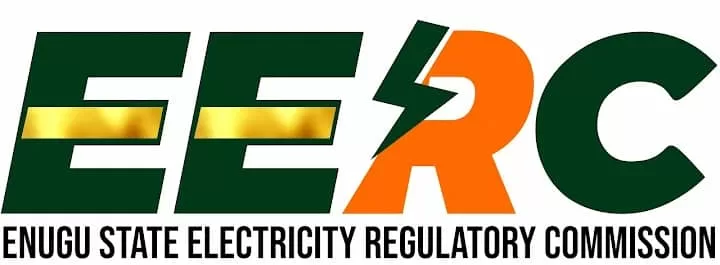
ENUGU TARIFF CUT EXPOSES GAP IN NATIONAL ENERGY – EXPERT
The Convener of PowerUp Nigeria, a consumer rights advocacy group, Adetayo Adegbemle, has described the ongoing controversy surrounding the recent electricity tariff reduction announced by the Enugu State Electricity Regulatory Commission (EERC) as a deeper policy gap in Nigeria’s power sector planning.
He specifically said that the absence of a clear framework for wholesale pricing of grid-supplied electricity within the context of state regulatory autonomy was responsible for the crisis.
THE WHISTLER recalls that
the Enugu tariff cut, which slashed Band A rates to ₦160/kWh, has drawn backlash from federal regulators and other stakeholders who argued that such decisions, in the absence of coordination, threaten the sustainability of the national electricity supply industry (NESI).
The Nigerian Electricity Regulatory Commission (NERC), GenCos, and DisCos have kicked against the tariff cut, and NERC particularly declared that states lacked the powers to regulate electricity prices.
But the Forum of Commissioners for Power and Energy in Nigeria (FOCPEN) backed it, saying it was designed to ensure fairness and transparency.
Speaking in Abuja, Adegbemle said the crisis stemmed from the FG’s failure to adequately anticipate and guide the operational transition to sub-national electricity regulation, as allowed under the Electricity Act 2023.
“This issue of wholesale pricing of grid supply versus State Regulatory Autonomy is one of the big issues absent from the National Integrated Energy Policy Plan. What we are seeing is a direct result of that policy oversight”, he said.
He faulted the Ministry of Power for failing to provide coherent leadership and direction, especially in the wake of reforms introduced by the Electricity Act 2023, which empowers states to regulate electricity markets within their jurisdiction.
“The recent brouhaha with EERC boldly coming out with a Tariff Order without considering paying wholesale price to the grid is a result of leadership failure, especially from the Ministry of Power, which should be setting policy direction and ensuring the provisions of the Act are fully activated,” Adegbemle stated.
He warned that unless the Ministry takes a proactive stance and addresses these structural issues, more states may take actions that threaten market stability, liquidity, and the broader reform agenda.
Adegbemle, a longstanding advocate for electricity sector reform, also renewed his call for the activation of the Power Consumer Assistance Fund and the total removal of electricity subsidies, which would have placed the market on firmer footing before decentralisation began.
I“Many people do not understand that position, but recent events have shown that this would have been a wise move by the FG before even allowing the state regulators autonomy,” he added.
 Premium News
Premium News